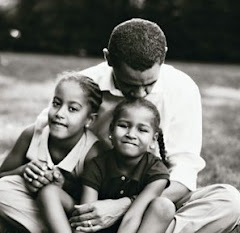
Rising Among Teens
Jay Lindsay
Black teenagers are killing each other in rising numbers but the troubling trend has been masked by a falling crime rate in the United States, according to a study released Monday by Northeastern University.
FBI crime statistics show overall decreases in murder and other violent crimes. But a report by criminal justice professors James Alan Fox and Marc Swatt uncovers other disturbing trends within that data.
Among their findings: an increase of more than 39 percent in the number of black males between the ages of 14 and 17 killed between 2000 and 2007, and an increase of 34 percent in the number of blacks that age group who committed homicide.
The increases for white male teens age 14-17 during that same period were nearly 17 percent and 3 percent, respectively.
"We can't ignore the fact that hidden within the overall good news on crime, is very bad news for a segment of the population _ young black males _ and that needs our attention," Fox said.
The report also noted guns were overwhelmingly the weapon of choice for young black offenders and are now used in nearly 85 percent of homicides they commit.
The Rev. Jeffrey Brown, executive director of the anti-crime Ten Point Coalition in Boston, said the spike in fatal shootings by and on black youths "bears out what I see on the streets every day."
"The victim and perpetrators of gun crimes are getting younger and younger," he added.
"We need to invest much more in the lives of these kids," Fox said. "I know there's lots of people who say times are tough and we don't have the money, but we either pay for these programs now or pray for the victims later because crime doesn't wait until the economy improves."
Brown said that families and the community groups, particularly churches, also need to do more to help solve the problem.
Recent crimes statistics show a drop in overall crime and murder rates between 2006 and 2007, the most recent year that data were available.
The numbers represent a vast improvement over those from the 1990s when the emergence of crack cocaine fueled an explosion in violence, the Northeastern report said. In 1993, about 225 out of every 100,000 blacks age 14-17 committed homicide compared with 81 out of 100,000 in 2007.
But that's an increase from the year 2000, when the number was 66 out of every 100,000 blacks.
"When you stop paying attention to it, when you stop working at it, the problems can and do rebound," Fox said.






































